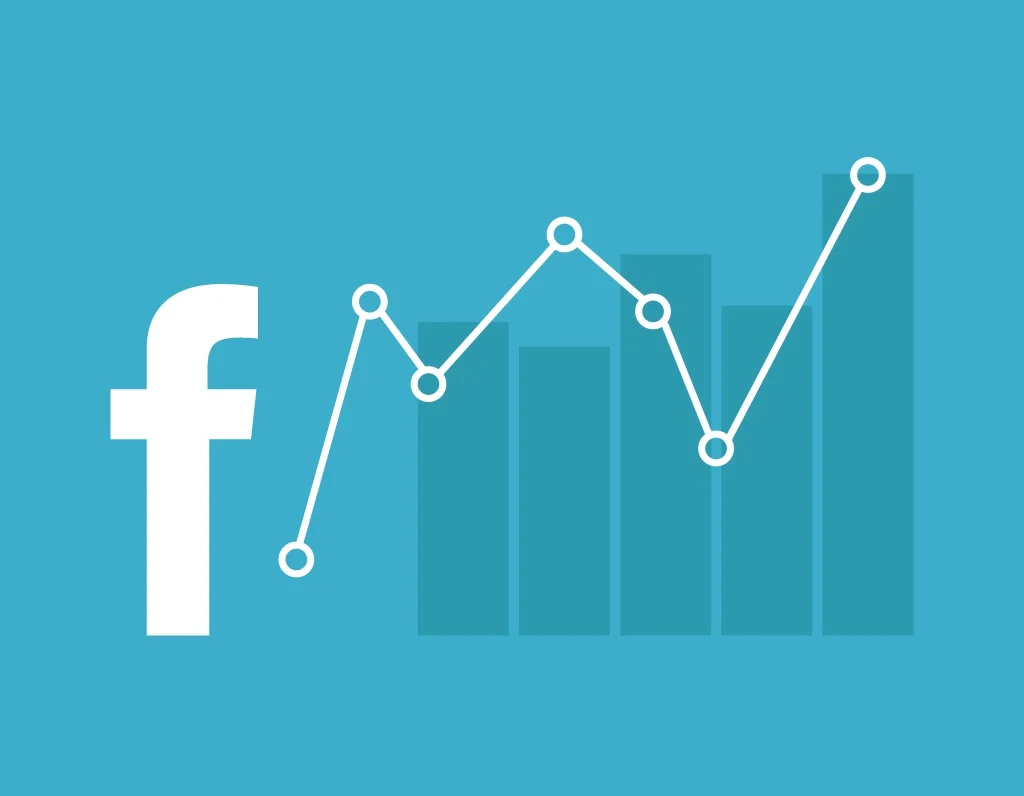“Tactics without strategy is the noise before defeat.” -Sun Tzu
Most intermediate to advanced marketers love diving into tactics. It’s sexy and it brings this sense of “ah…that’s what I have been missing all along” feeling that also makes you feel like you have stumbled on some “holy grail” of marketing that will catapult your marketing efforts into the next stratosphere.
The problem is that most of your marketing issues have nothing to do with your tactics, but your lack of a cohesive strategy in implementing those tactics. So the question then remains, how do you put together a cohesive strategy?
Analytics and Facebook analytics specifically will help you better understand the user experience as they interact with your brand both online and off. How do new users find about your business/product/service? How do your existing customers become loyal, repeat customers?
Every business, especially if they have a heavy online presence, needs to refine their critical path for their new customers. What user flow is the most optimal for your business? Is it to hear about you online, go to a physical store and then ultimately find you again online when you have a promotion? Do they search for you on Google, fill out an interactive form on your website and then add your product to a cart and finish the checkout process?
Most businesses have several “critical paths” that their customers follow and your overall strategy should be to 1) figure out that path and 2) learn to optimize the path from the edges of the flow instead of rebuilding it every couple of months and having to restart your Facebook experiments from scratch..
So where does Facebook Analytics fall into this learning process?
Facebook Analytics will help you understand how your customers are actually behaving and which behaviors are most beneficial to your business. As you gain a better understanding of what behaviors you want to replicate, you’ll be able to create user flows that promote behaviors that you want to see in your customers and on the flip side, create flows that discourages behaviors that you want your potential customers to avoid.
Facebook Analytics and Google Analytics are not the same. Google Analytics is a comprehensive tool that enables you to look at more data than Facebook Analytics and allows you to do deeper dives into specific pages. On the other hand, Facebook Analytics is tied to a user, not a cookie and thus is best at showing you interactions among events so you can see opportunities to better cater your website/product offering that you maybe didn’t know were happening to specific individuals.
Event groups within Facebook Analytics allows you to look at omnichannel interactions. Many will argue that Google Analytics already provides this information but Facebook Analytics allows you to dive a bit deeper because it allows you to see post interactions in addition to page and website behaviors. You also can track offline data like in-store purchases and link them to your Facebook campaigns to see how your Facebook ads influenced those purchasing decisions.
There are three major reports that you can pull from Facebook Analytics: Funnels, Revenue and Customer Lifetime Value reports.
Funnels:
One of the best parts of the Facebook Analytics funnel reports is that they are able to tell you what actions individuals took on your Facebook page/ad prior to them converting into a customer. You can figure out of the individuals who “liked” this post, how many of them when to the website? Of those individuals how many of them ultimately ultimately lead to a sale? Understanding where along the funnels your customers are dropping out is one of the most invaluable pieces of information that Facebook funnels can provide.
Revenue:
Think of Revenue as a dashboard for purchase-related information. Let’s say you want to find out how many purchases were made through your app in a given time period. You could find this information in Revenue and examine it more closely by applying filters then create a funnel out of those insights as mentioned above.
Customer Lifetime Value:
Conventional reports in Business Manager merely look at the cost per conversion and revenue for each individual purchase. By looking at CLV, instead, we can see how much a customer is worth to us over the course of several months. You can break it down into a few factors:
• How often a customer makes a purchase within a typical purchase cycle
• How much a customer spends each time they make a purchase
• How much you project a customer will spend over the duration of your relationship with them
• The potential length of a customer’s relationship with you
As Facebook has stated “You shouldn’t use your prediction for any one of these factors alone as a representation of a given customer’s lifetime value. You should combine each relevant estimation into a formula appropriate for your business goals and use the result it produces.”
Facebook Analytics is just such an awesome tool to help individuals and companies understand how their Facebook efforts are working and where along the way they are dropping out.
Bonus freebie:
A lot of individuals ask us in addition to the reports above, what are some other Facebook specific metrics that we like to track. I have listed some of the most insightful metrics that provide the most amount of insights.
MAU (Monthly Active Users)
(# of Monthly Active Users/# of People Reached)
Audience Growth Rate
(# of new Facebook Fans/# of total fans on Facebook)
Engagement Rate
(# of engagements/# of posts)
Organic vs. Paid Traffic Rate
Average Revenue Per MAU
(MRR/Total Number of Customers)
Customer Acquisition Cost (CAC)
(Total Cost of Sales & Marketing/# of Sales)
Need a hand in understanding the constantly changing Facebook landscape? Contact us or call us and let our team of Facebook experts talk to you about your current Facebook marketing needs.





